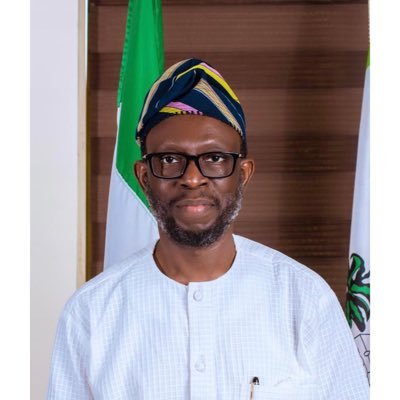More than 600 delegates from all around the world will gather in Rome, from 20 to 24 November, to discuss how seeds can provide innovative solutions to the sustainable transformation of our agrifood systems and safeguarding biodiversity.
The FAO Headquarters in Rome will host the Tenth Session of the Governing Body (GB-10) of the International Treaty on Plant Genetic Resources for Food and Agriculture, bringing together delegations from governments, the seed industry, farmers’ organizations, and other stakeholders.
The Governing Body is the largest global policy-making forum for matters relating to the conservation, exchange and management of seeds and other plant genetic resources for food and agriculture (PGRFA).
The first day of the Conference will commence with an opening ceremony, featuring special guests, and will end with a special event on the theme of the Session: “From Seeds to Innovative Solutions, Safeguarding Our Future: Contributing to the Implementation of the Global Biodiversity Framework for Sustainable Food Systems.”
The discussions will include possible amendment to the Treaty, a roadmap for the enhancement of the functioning of the major systems of the International Treaty, in addition to the interrelation between the Kunming-Montreal Global Biodiversity Framework and the International Treaty.
The agenda of the Session covers a wide array of topics relating to the global Conservation and Sustainable Use of agricultural plants and seeds, sharing of benefits arising from their use, the enhancement of its worldwide gene pool, a decentralized Global Information System, the implementation of Farmers’ Rights at the national level, and the Funding Strategy of the International Treaty.
A major focus of the Session will be the potential of seeds to provide innovative solutions for addressing global challenges such as loss of biodiversity and climate change.
Seeds possess traits that enable crops to withstand or adapt to adverse conditions, including drought, which is becoming increasingly important in the face of climate change the more diverse the seeds, the more resilient our agrifood systems will be.
Additionally, locally-adapted seed varieties can offer improved nutritional profiles, rich in vitamins and minerals. Participants will deliberate on strategies for conserving these seeds in gene banks and in agricultural fields, and making them available for use by researchers, plant breeders and farmers.
By Dare Akogun





